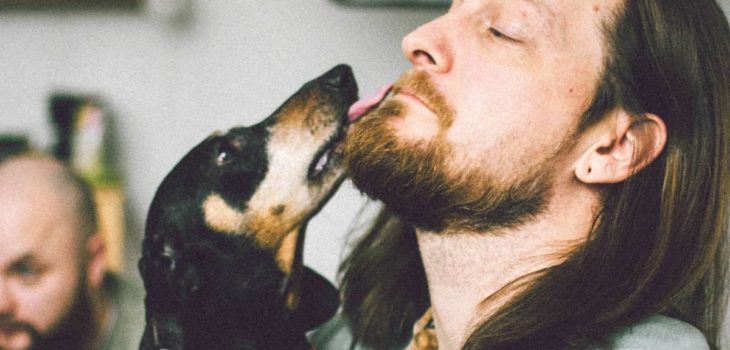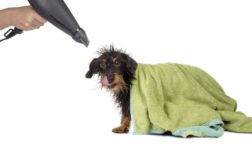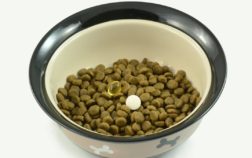Dogs like to lick their people – that almost seems like a universal constant. Why though? Why does my dachshund lick me so much – 7 possible explanations. Is it because it just missed me? Is my dog distressed cause I’m at work all day? Is my dog trying to tell me something? Or is there a health problem I’m not noticing? We’ll cover all possible explanations below.
Why Does My Dachshund Lick Me So Much?
Licking is a type of communication for dogs – one of the big ones too. We’re used to thinking that it’s just an expression of love but it can be much more than that too. And, as dogs, unfortunately, can’t talk yet, figuring out exactly what they mean with their licks can sometimes be difficult. So, here are the 7 main reasons why does my dachshund lick me so much:
- Anxiety and stress – If your dog is afraid or anxious about something, licking can be very comforting for them.
- Boredom and attention-seeking – your dog has likely figured out ages ago that licking you gets your attention.
- Not enough physical and mental stimulation – Similar to above, if your dog is so deprived of physical and mental exercise, it will try to get you out of the sofa with licks.
- Love, affection, and submission – Most of the time, licking is just a dog’s “kiss” for its favorite human.
- Allergies, skin problems, and parasites – Dogs know that we can alleviate many of their physical issues, especially those on the surface. So, licking is often just a plea for you to help deal with a skin issue.
- Nausea and stomach problems – Other internal health issues can also prompt your dog to start licking you as it won’t know what else to do.
- Neurological and cognitive dysfunction – These are some of the more unfortunate causes of excessive licking and they do necessitate an urgent vet visit.
Should You Just Let Your Dog Lick You and Does Dog Saliva Heal Wounds?
A lot of people let their dogs lick them on the mouth. In fact, there’s even the pervasive myth that dog saliva heals wounds.
Neither of those is a good idea.
Dog saliva does have some antimicrobial and antibacterial properties – much more so than human saliva. After all, wild canines don’t cook their food so they’ve evolved with saliva strong enough to deal with all undesirable bacteria and other infections in foods. So, applying dog saliva to an open wound can have some antibacterial effects.
Unfortunately, because dog saliva is so strong, there are many bacterial and microbial infections that live “temporarily” in the mouths of our dogs that are way too powerful and infectious for people’s organisms to deal with. So, if you let your dog lick you on an open wound, there might be some antibacterial effect but it’s much more likely that your dog will introduce a whole host of new health problems into your open wound.
The same goes for human faces – as fun, as it is to let your dog lick you, you should make sure that the dog’s saliva never reaches your mouth, eyes, or nostrils. In fact, it’s even wise not to let your dog lick its own open wounds as those same negatives still outweigh the benefits.

In Conclusion, Why Does My Dachshund Like Me So Much and What Does That Mean?
Simply put, your dog may be licking you extra enthusiastically for a wide assortment of behavioral issues such as boredom, anxiety, happiness, love, fear, and more. It could also be due to a variety of physical discomforts which the dog is trying to communicate to you via licks – allergies, skin problems & parasites, and neurological/cognitive issues are the most common examples here. Or, it could just be a habit the dog picked up in the litter that it hasn’t gotten rid of yet.
Either way, what this licking means to you is a couple of things. First, you should try and figure out if it’s behavioral or due to a physical problem and get your dog to the vet in the latter case. Next, it’s important to set up some boundaries – where and when is it ok for the dog to lick you and where/when it’s not. Most people teach their dogs never to lick them on the face and on open wounds for health reasons.
FAQs
[rank_math_rich_snippet id=”s-3c70489e-f546-4867-a96d-3dbf8f914f69″]




